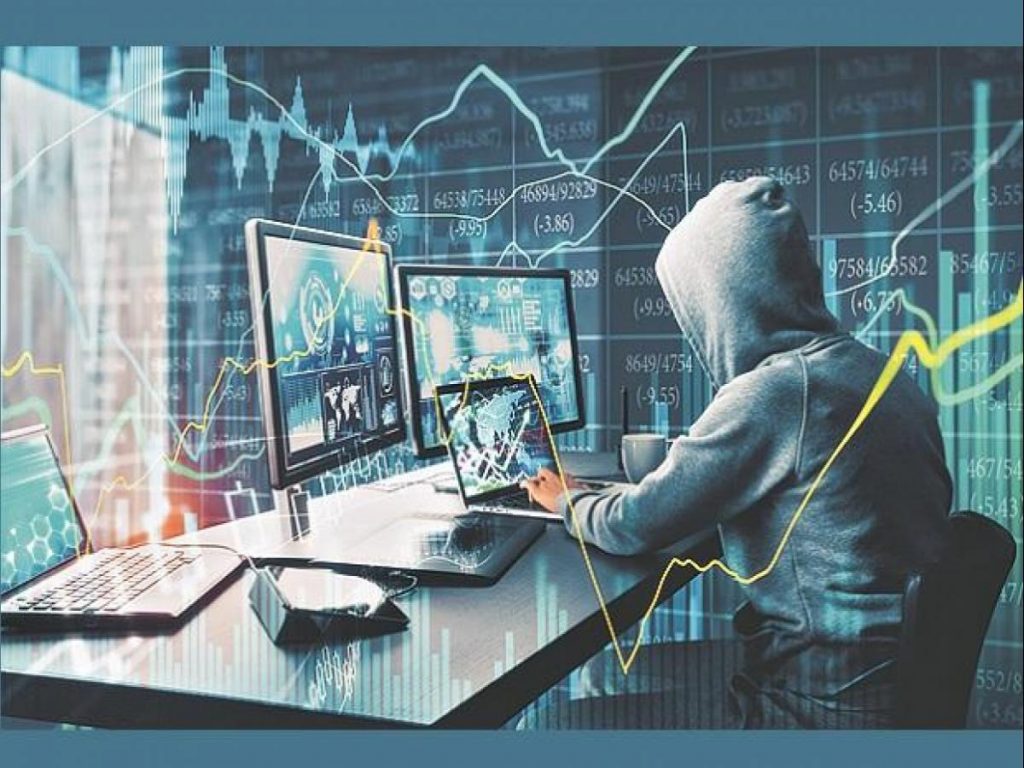
Cybersecurity: What to fear for 2021 according to Sophos
In today's environment, computer attacks are becoming increasingly threatening.
They are on the rise dramatically. With the coronavirus pandemic, which has in some way led to the adoption of telework such as the professional collaboration system, hackers are taking advantage of the situation. 2021 has shown us how dangerous the danger is. For 2021, the reality is quite different. See more serious. At least that's what we can remember from the latest reports provided by the computer security company Sophos, dealing with threats in 2021.
This article will also interest you: 2021: Fearing future cyberattacks
According to the IT security company, we should expect a year much faster than the previous ones. With the inclusion of artificial intelligence in the development of malware such as ransomware. In addition, the company has revealed that hackers continue to organize themselves better than before. They become much more accurate and earn a lot more money.
In other words, we should mark the fact that 2021 is likely to become tougher than 2020 in terms of cyber malice. This will have an undeniable impact on several aspects such as economics and others.
"In addition to the rise in sophistication of attacks, the hacker community seems to have started a revolution in its organization. Sophos' report raises. The company's security researchers and other artificial intelligence specialists were able to provide a possible accurate description of the situation. Conclusion: Hackers no longer evolve in the same way as before. They're not lonely anymore. They are well organized and manage to collaborate perfectly. This fully doubles the impact of their actions.

"Experts have discovered that hackers no longer really operate like lone wolves, but collaborate with each other, to the point of organizing themselves into real cybercrime cartels. It is by dissecting the various attacks of 2020 based on ransomware that the researchers were able to draw this observation. Instead of a wide variety of ransomware, they found that many of them share the same code and that some ransomware groups work collaboratively and not compete with each other. explains the report.
Speaking of ransomware, Sophos' report highlights the fact that these malwares are increasingly adapted to the protection systems developed by companies with the aim of getting rid of them. Operators who use these kinds of programs most certainly plan to combine them with artificial intelligence to make them more efficient. "While AI and machine learning have reduced the threat in security solutions, they are also exploited by hackers. In the end, cyber criminals take the opportunity to automate their attacks. In practical terms, they do not improve the ransomware itself. Its malicious code always remains the same. On the other hand, they use AI to prevent malware from falling into the net of smarter security systems. So it is in the initial phase of the attack that everything is played out. And in this area, in 2021, hackers will still rely on an increasingly efficient AI to bypass security suites and pretend to be legitimate elements in order to open the door to viral load. sophos experts explain.
Moreover, with the coronavirus pandemic which has somehow popularized telework, the vectors of attack are then multiplying. The often uncontrolled use of digital devices in the workplace makes it easier for cyber-cleaners to break into systems that were difficult to access.
In addition, we should pay attention to these small malware that we tend to overlook. The report raises this very important point by talking about "multitudes of small malwares that look falsely easy to counter. They don't seem to be harmful to security teams. Yet these heterogeneous legions are increasingly designed to detect a point of access to a targeted system in order to collect sensitive data. It's about small hands moving slowly through a network in search of valuable targets in order to sell them to large ransomware operators who have sophisticated means at their disposal to attack. ».
Now access an unlimited number of passwords:
